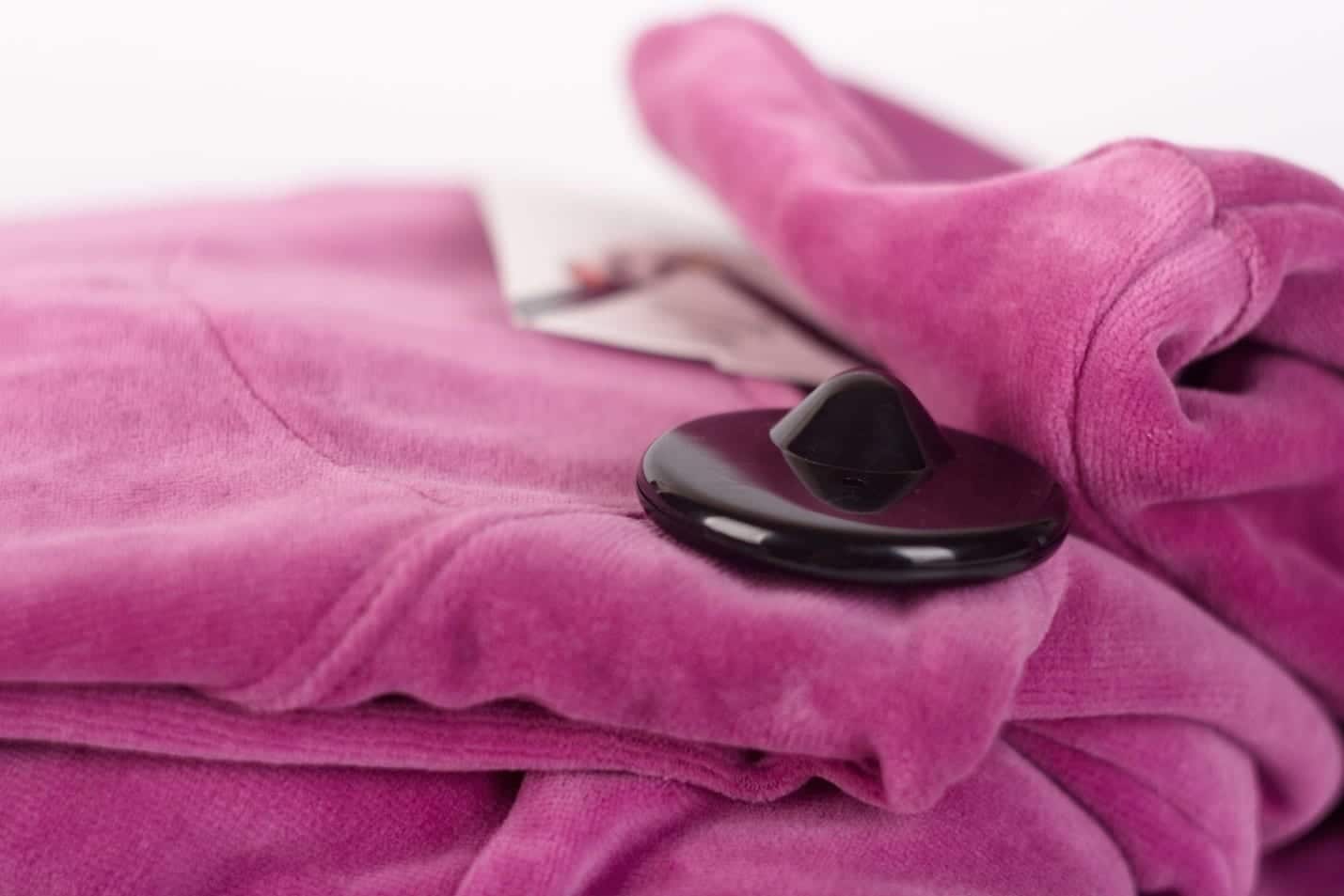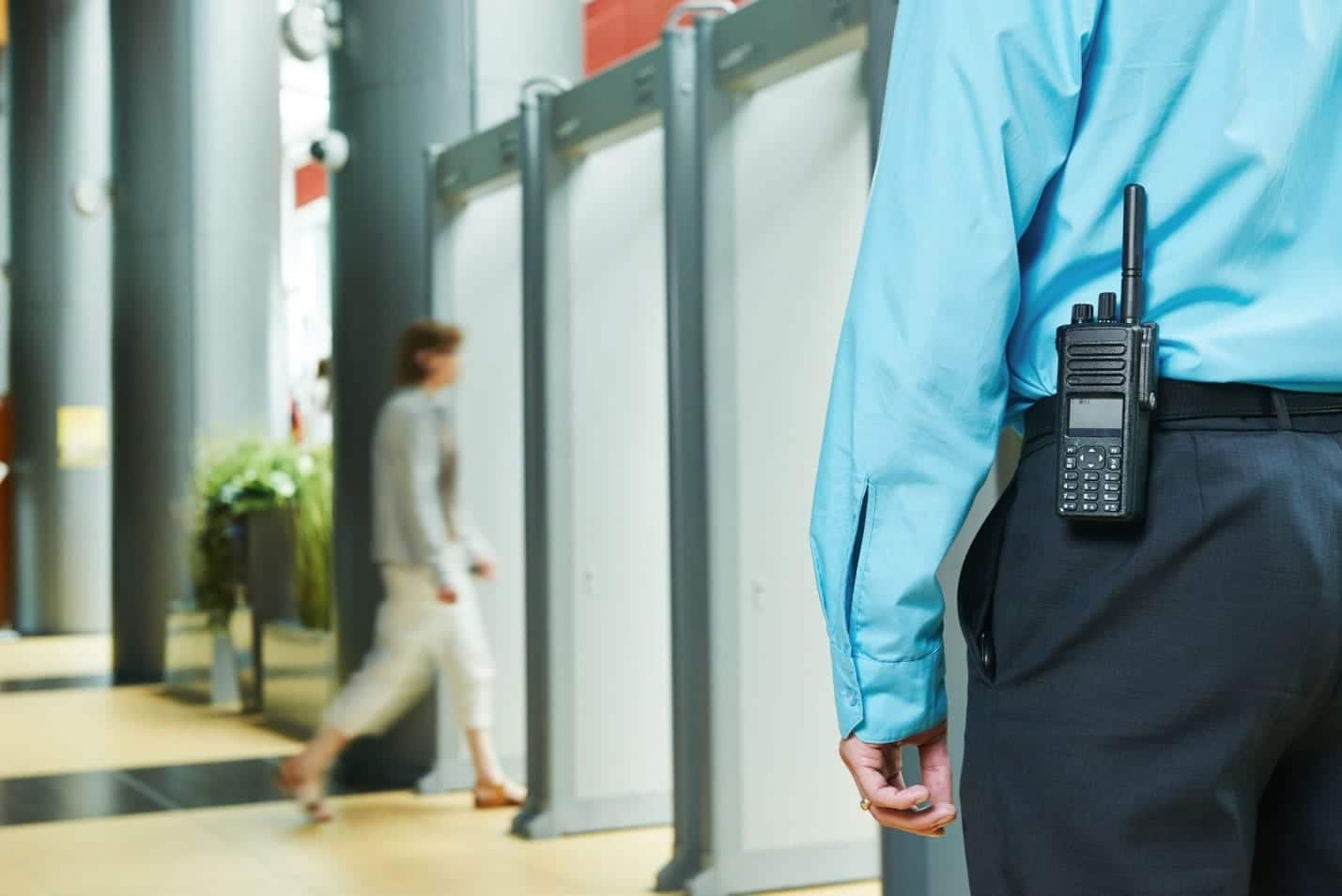Under this law, multiple convictions of a misdemeanor larceny offense could see habitual offenders facing felony charges.
North Carolina lawmakers are supposedly targeting career shoplifters with the new law. But instead of focusing on those who have been convicted of the actual charge of shoplifting, it instead singles out individuals with misdemeanor larceny offenses. How does that make sense? To understand, you have to know how “misdemeanor larceny” and “shoplifting” are charged.
Misdemeanor Larceny vs. Shoplifting
The act of taking something from a store without paying can actually be prosecuted with one of two different charges in North Carolina—a shoplifting charge or a misdemeanor larceny charge. Police are more inclined to issue a shoplifting charge if the individual never left the store with the items. But either can be applied to a person accused of stealing from a retailer. Ultimately, the charge that is applied to an alleged shoplifter is up to the discretion of the arresting officer.
Neither criminal charge is limited to grabbing an item from the shelves and walking out without paying. Both misdemeanor larceny and shoplifting charges can be applied to any behavior intended to cheat the store out of the retail value of the item. This includes return scams (when you attempt to return an item that was not paid for), as well as tampering with price tags or security devices.
Here’s the problem, though. The theft of any items valued under $1,000 can be charged as misdemeanor larceny, regardless of whether they were stolen from another individual or a store. In other words, this law that is supposed to target shoplifting will in fact impact anyone who has been convicted of a minor theft. Moreover, the new law only applies to offenders with multiple convictions of misdemeanor larceny—and not those who have prior shoplifting convictions.
How is that “targeting” shoplifters?
The Terms of the New Law
A revision of North Carolina General Statute 14-72 lays out the conditions for a shoplifting incident to be charged as a felony.
Misdemeanor larceny—as the name suggests—has always been prosecuted as a misdemeanor, regardless of the defendant’s criminal record. However, under the new law, when four or more prior convictions are present, the police are allowed to charge offenders with a felony. The fifth conviction will be charged as a Class H Felony.
For the arresting officer to charge a shoplifter with a Class H felony, he or she will have to look up the individual’s criminal record at the time of the arrest. Even if the initial charge is a misdemeanor, however, the office of the DA can issue a warrant for the charge to be upgraded to a felony.
Though both misdemeanor and felony larceny charges are serious, the new felony designation will mean that individuals with a past history of theft convictions will face much harsher criminal penalties.
Depending on the circumstances surrounding the crime, a Class 1 misdemeanor carries a potential jail sentence of 1 to 120 days, in addition to fines, probation, and civil penalties.
A class H felony conviction, however, can land the convicted 4 to 25 months of incarceration. The sentence is also heavily dependent on the individual’s criminal record, so even prior convictions of non-theft crimes can substantially increase the severity of the sentence.
Criminal Charges for Retail Theft in North Carolina
The actual charges (and subsequent penalties) a shoplifter will face depend on a number of factors surrounding the incident. Though retail theft is often considered an “adolescent” crime—and thus a less serious offense—an individual facing any kind of theft-related charge should not assume that the law will go easy on them.
A shopper can face a Class 3 misdemeanor charge for “concealment of merchandise” for if the merchandise is valued at under $1,000 dollars. Concealment of merchandise occurs when the shoplifter is apprehended in the store and has taken steps to obscure the merchandise from view (i.e. placed it in bag, purse, jacket etc.).
A second offense is charged as a Class 2 misdemeanor. In some cases, retail theft can be charged as a felony—for example, if the alleged shoplifter used an emergency exit and the items were valued at more than $200 dollars. Felony charges may also be applied if an individual is accused of stealing merchandise over $200 through tampering with anti-theft devices, or using a tool to prevent activation of any antitheft devices (like a lined bag).
Whether you have multiple convictions of theft crimes or are a first-time offender, North Carolina prosecutors will not go easy on you. Contact an experienced criminal defense attorney to obtain the best possible outcome for your case.
About the Author
Attorney Mike Schlosser represents victims of personal injury, those charged with a crime, as well as those facing traffic charges. A former Guilford County, North Carolina District Attorney, Schlosser has been in private practice at the Law Firm of Schlosser & Pritchett since 1983 and has been a member of the North Carolina State Bar since 1973.










